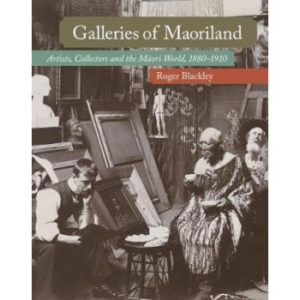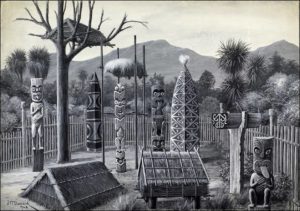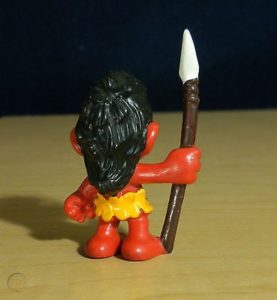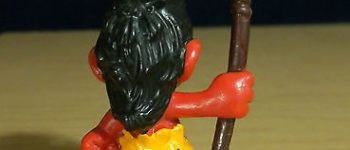1900s: Fake Plastic Maoriland
October 7, 2019
By AHNZ
We’re starting to better understand where the fantasy idea of Maori as noble savages came from in the first place. Especially these days, the pre-Cook times of the Maoris are re-imagined as a sort of Noble-Savages-in-Smurf-Village. The reality is that superstition and the spear ruled. It was a time of darkness. It was a world of fear. Compeeting tribes stole, raped, took, plundered, cheated, deceived, battled, tortured, hostaged, and ate one another. And that was just on the domestic scene! They also made war on other tribes. No more or less than what any other people of the earth were doing too, if you wind back the clock only a little.
“Homelessness, poverty, inequality, gender roles, disease (STDs) and paedophilia did not exist in NZ pre colonisation..”- Josh Bates (AHNZ commenter)
I don’t know how seriously to take this comment and if I should even bother to debunk it. Is this what they’re teaching kids at Massey University these days? Are kids going into debt to get degrees in how SJW and Smurfy was savage New Zealand? How can anybody be so misled?
Fake Plastic Maoriland
 Part of the answer is that benign noble-savage Maoriland was contrived to sell more pictures. To get more ‘hits’ on the internet of the day, Maoris and Western photographers teamed up to meet the demand for romantic fantasy…
Part of the answer is that benign noble-savage Maoriland was contrived to sell more pictures. To get more ‘hits’ on the internet of the day, Maoris and Western photographers teamed up to meet the demand for romantic fantasy…
“In his 2018 book ‘Galleries of Maoriland’ Blackley explores how the likes of artists Gottfried Lindauer and Charles F. Goldie created a romanticised image of “Maoriland”, while Māori perpetuated the myth by posing in clothes they wouldn’t normally wear to appeal to the European market..”
“McDonald is a really interesting figure… he visualises in the image…reproduced, a kind of idealised Maori burial ground, I mean, it didn’t exist.”- Nine to Noon interview with with Roger Blackley; RNZ; NZH&NH
 I’m sure that’s true but our records are not totally bunk. But we do need to separate out the fiction and non-fiction sections of our visual library.
I’m sure that’s true but our records are not totally bunk. But we do need to separate out the fiction and non-fiction sections of our visual library.
For one, we have the illustrations and reports of the Americans visiting (disapprovingly) in 1840 showing scenes similar to this one (left) from James McDonald but 90% less busy. While less elaborate it is a bit like this picture. If you want to see just follow the link above. I have colorised the sketch submitted to the US Government.
“A green plastic watering can for a fake Chinese rubber plant in the fake plastic earth that she bought from a rubber man in a town full of rubber plans to get rid of itself…”- Fake Plastic Trees; Radiohead
Scholars are unconvinced that a Maori burial ground ever looked like this. Pretty sure enclosures like it were to hold the bones for 6 months or so before they were taken to a cave or some sort for final rest.
By the time these Goldie, Lindauer, and McDonald images were being dreamed up the past they resembled had long gone. It was dress-up time, a re-enactment. Maoris by the 1880s were fully Europeanised in the way they dressed¹. Nothing wrong with that at all but let’s keep it in context! Mistaking such things for history would be like future historians watching our TV and movie dramas and taking it literally. Sure, you can get marks at State history school for repeating such things but don’t believe it!
—
1 Ref. ch3, Landmarks (1981)
Image ref. Caveman Smurf; Worthpoint.com
Image ref. McDonald’s idealised Maoriland; Galleries of Maoriland: a reciprocal relationship; RNZ
 Like Comment Share
Like Comment Share






